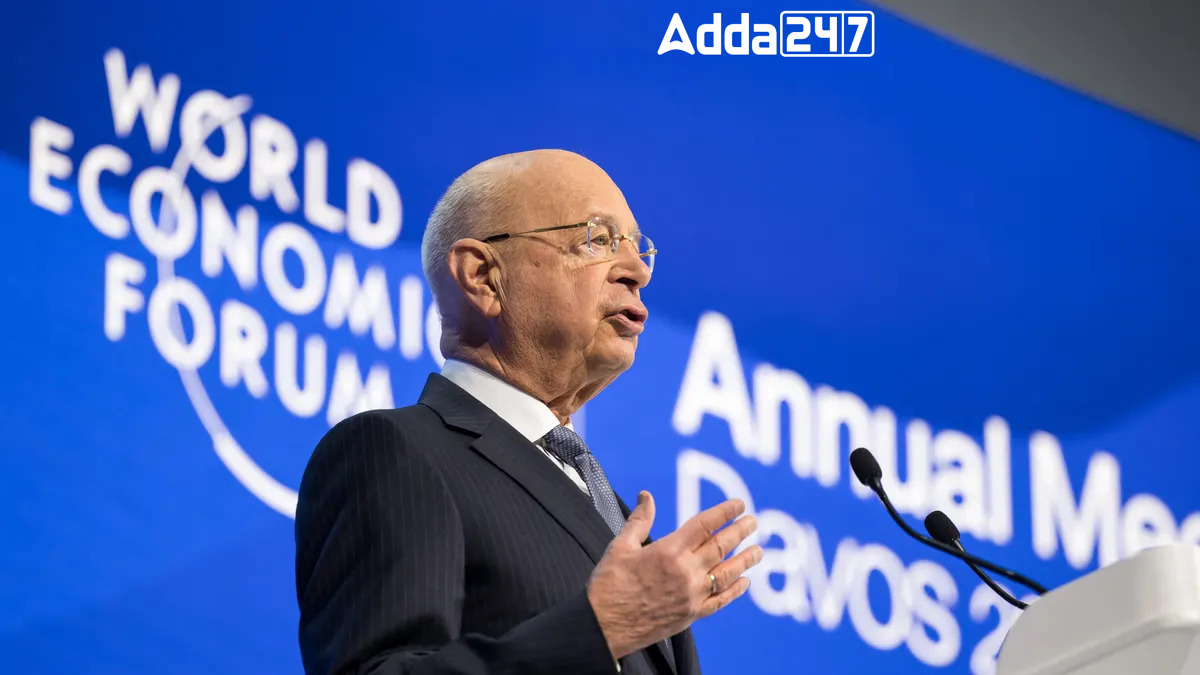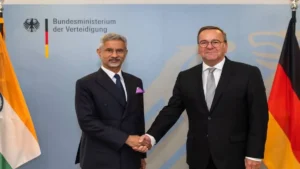Klaus Schwab, founder and executive chairman of the World Economic Forum (WEF), will transition from his current role to become chairman of the board of trustees by January next year, according to an emailed statement from the Geneva-based institution. This move is part of a planned “governance evolution” from a founder-managed organization to one where the president and the managing board assume full executive responsibility.
Governance Evolution
The WEF’s transition signifies a shift from its founder-led model to a more distributed leadership structure. The president and the managing board will now take on full executive responsibilities, marking a significant change in the institution’s governance.
Legacy of the Forum
Founded by Schwab in 1971, the WEF is renowned for its annual gatherings in Davos, Switzerland, where political and business leaders convene to address major global issues and share leadership practices. Schwab’s vision was to create a platform for policymakers and top executives to collaboratively tackle global challenges.
Criticisms and Evolving Themes
Despite its influential role, the WEF has faced criticism for being a platform for the elite, contributing to global carbon emissions. In response to these critiques, the forum’s recent themes have focused on addressing immediate global crises and promoting sustainability. Last year’s conference, themed “Cooperation in a Fragmented World,” urged leaders to confront economic, energy, and food crises while fostering a sustainable future.




 India & Germany Join Forces As Clima...
India & Germany Join Forces As Clima...
 India-Israel Strategic Partnership: UPI ...
India-Israel Strategic Partnership: UPI ...
 India-Israel Elevate Ties to ‘Special St...
India-Israel Elevate Ties to ‘Special St...








